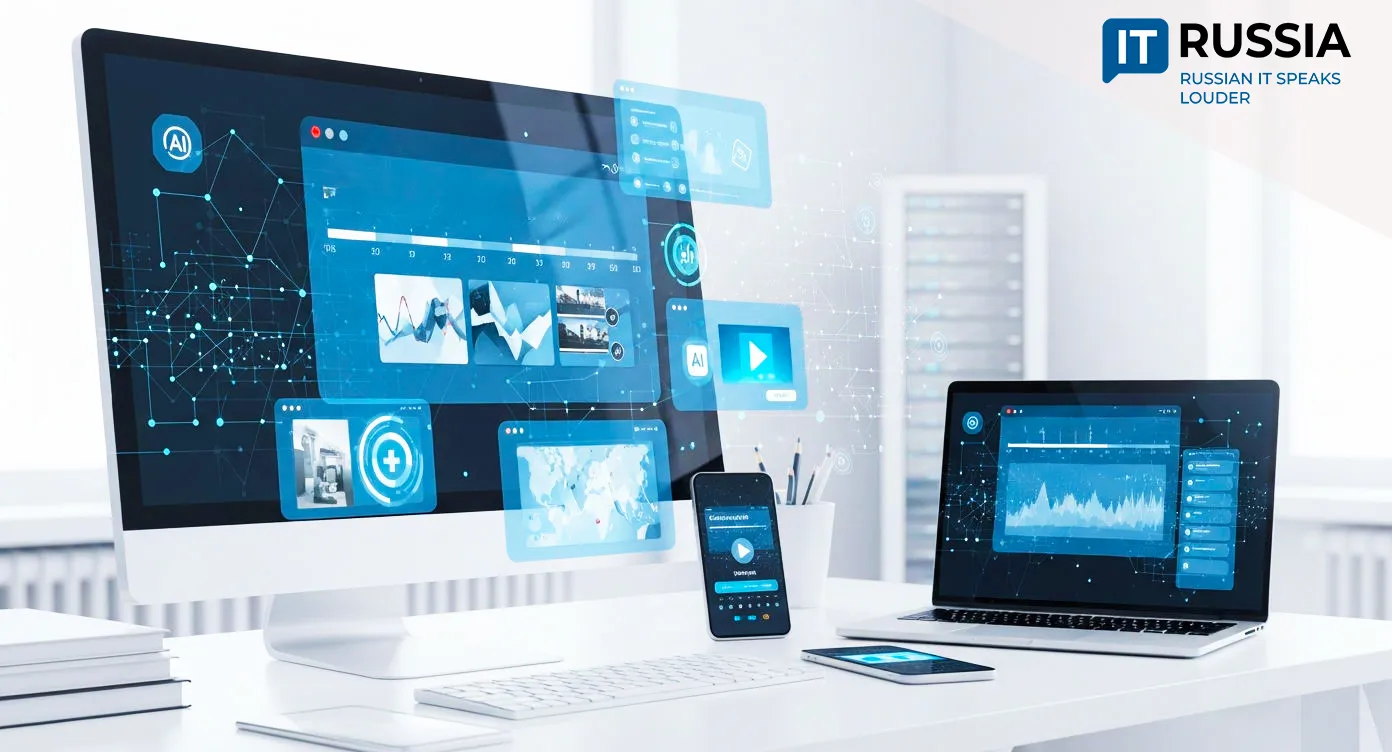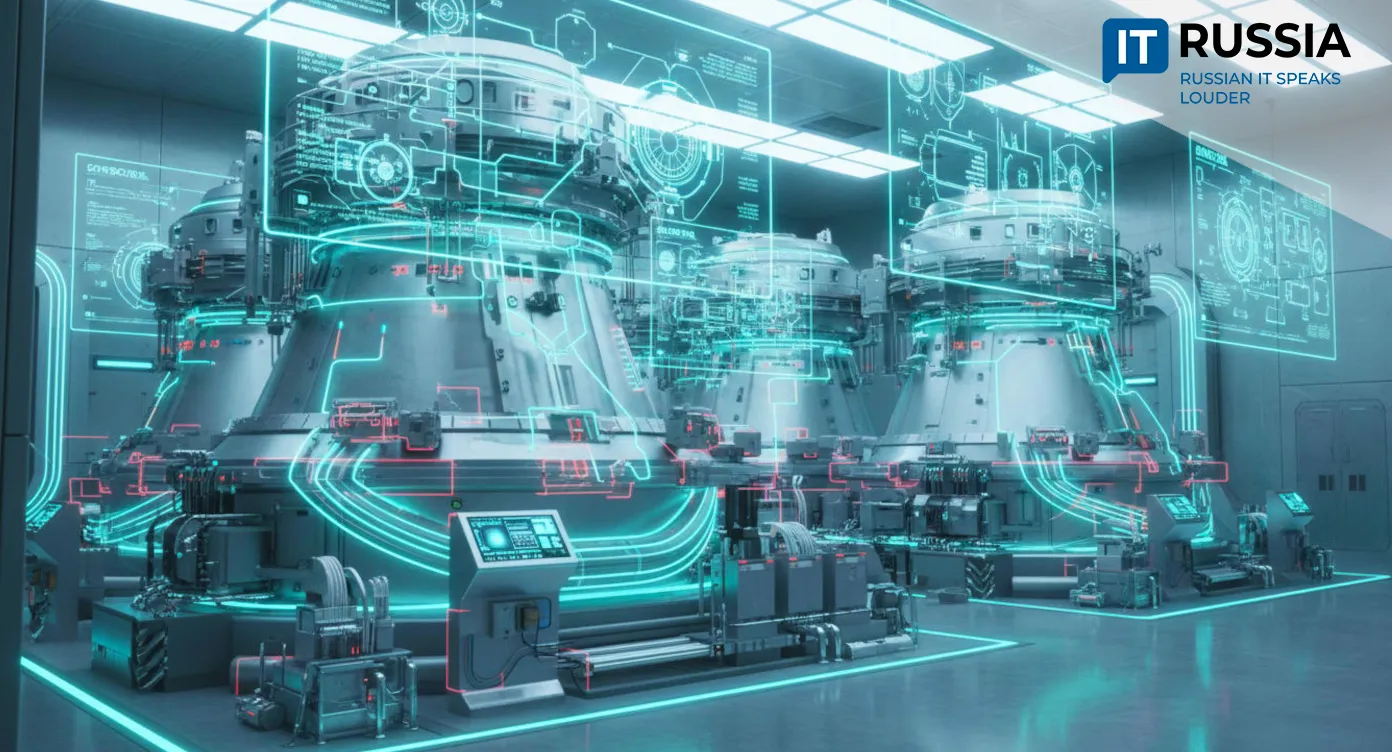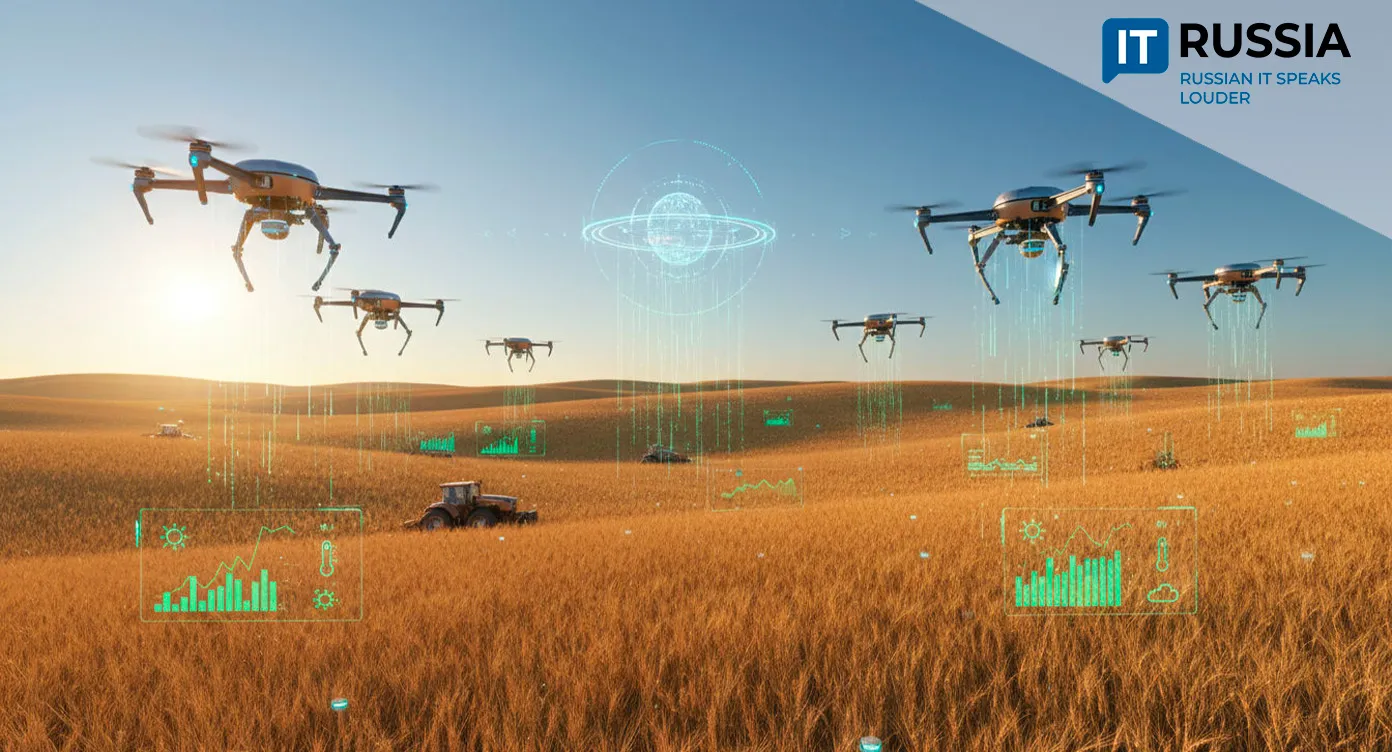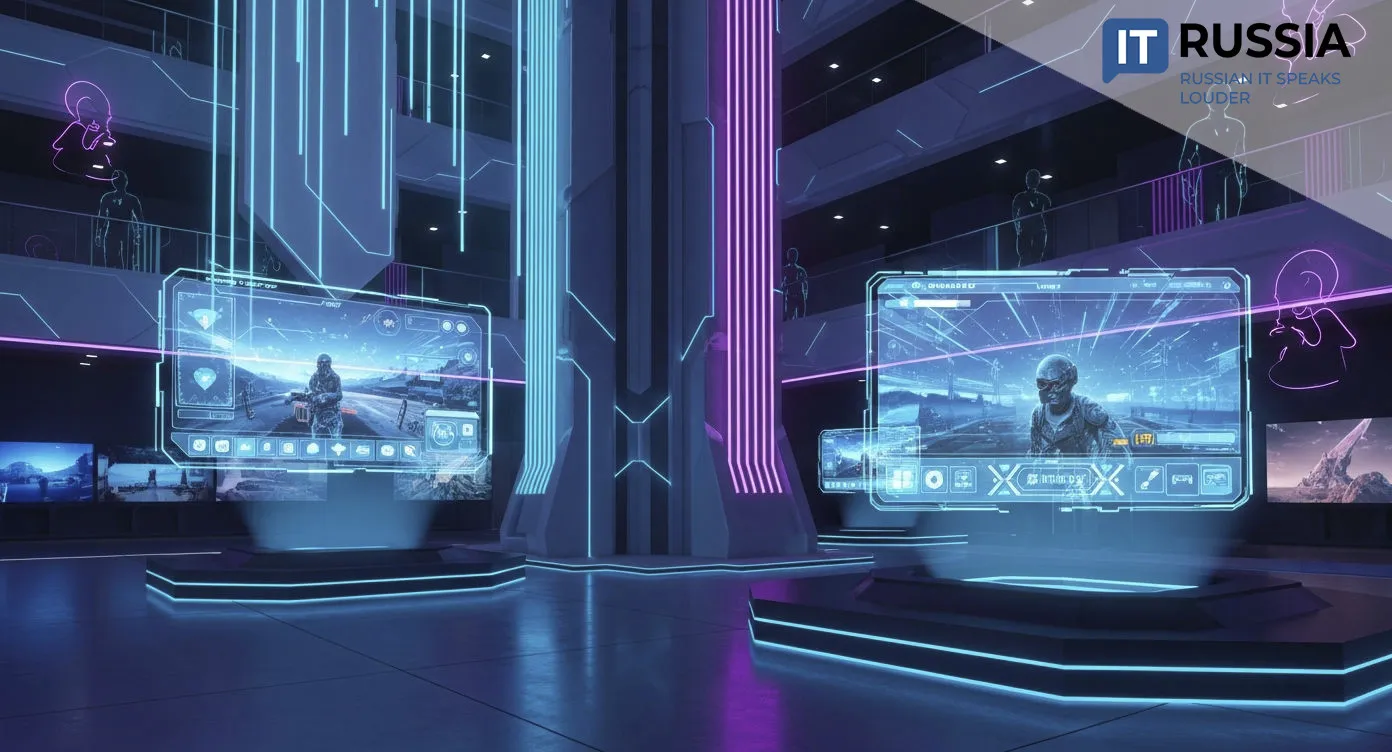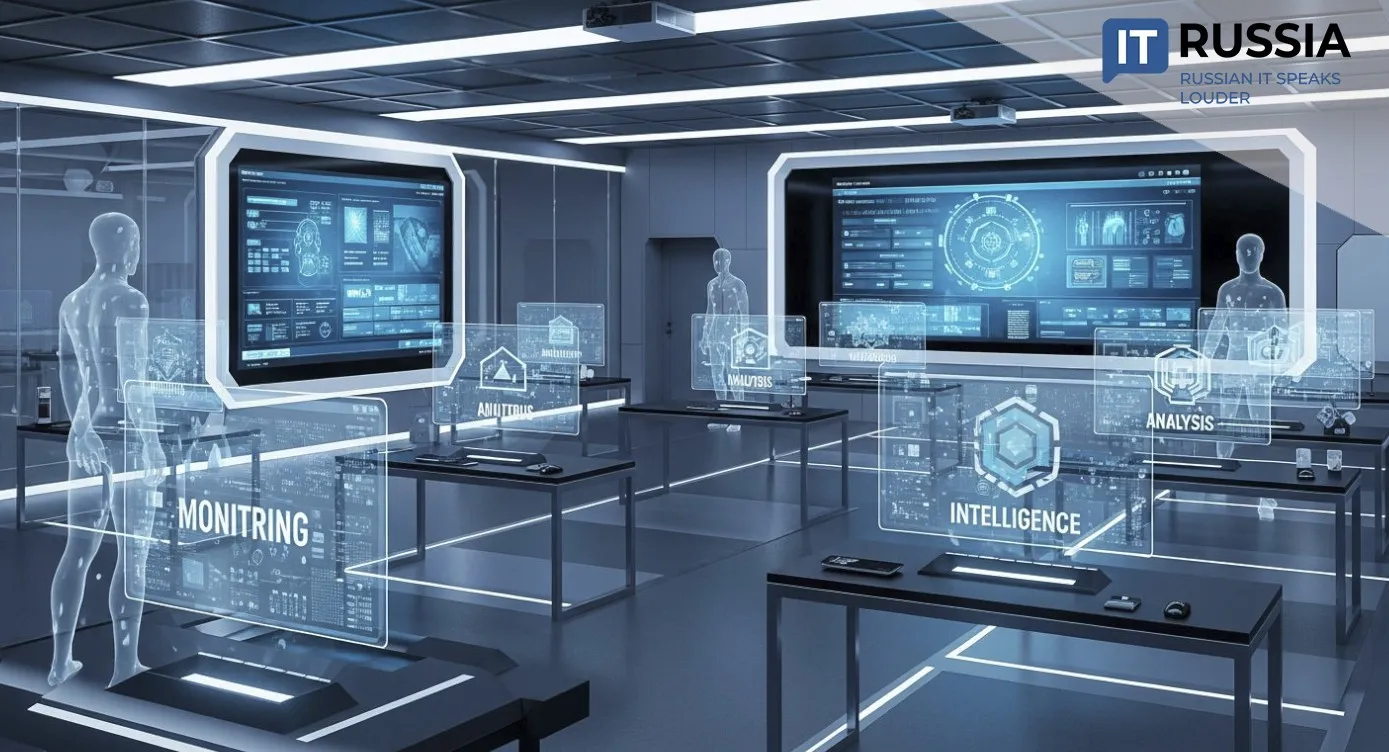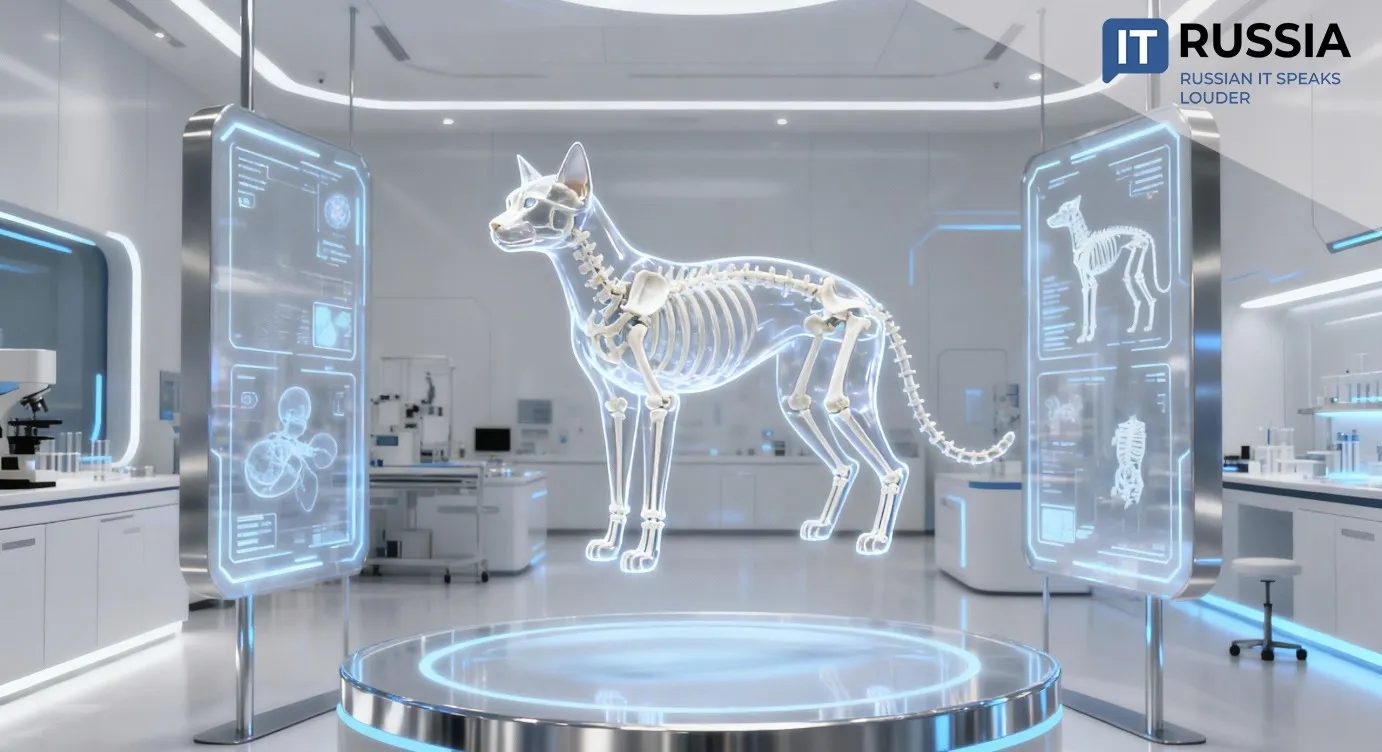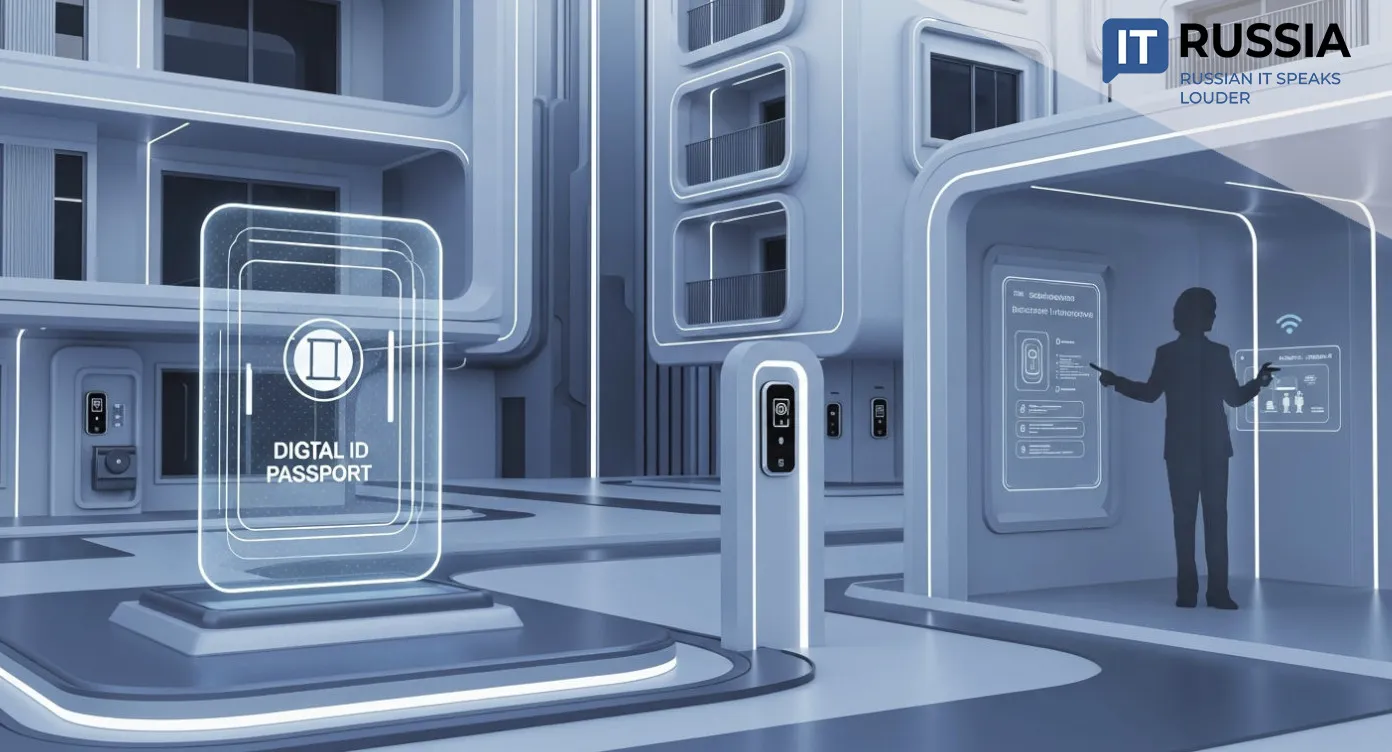Russian Oil Industry to Get Homegrown Risk-Based Inspection Software

A new software module developed in Russia brings a fully independent approach to risk-based equipment inspections — not just replicating foreign tools, but engineered from the ground up to meet local industry demands.
What is RBI?
Even the most reliable industrial equipment needs regular maintenance to extend its lifespan and prevent accidents. In the oil and gas sector, where complex machinery is deployed at massive scale, organizing frequent inspections with minimal costs is a critical challenge.
Risk-Based Inspection (RBI) methodology — typically implemented through specialized, complex software — offers a solution. It evaluates equipment conditions, identifies high-priority maintenance targets, and produces an inspection plan detailing timelines, techniques, and scope. Once inspections are completed, results are fed back into the system for the next analysis cycle.
Now, Russian developers are entering this space. A prime example is the RBI module created by Severstal-Infocom in partnership with Arctic LNG 2, a subsidiary of NOVATEK. The software is designed to assess equipment health and optimize inspection schedules, improving efficiency and reducing downtime.

No Copy-Paste Engineering
Although the module is based on international standards, it is a fully independent product built from scratch and tailored for Russian operational realities. It even allows direct comparison with foreign RBI software outputs.
As Olga Peshina, Head of Commercial IT Products at Severstal-Infocom, explains: “Copying Western systems outright would mean inheriting their flaws and inefficiencies. We didn’t replicate GE’s Meridium or other foreign solutions. We built our product from the ground up, guided by specifications from seasoned Russian engineers who understand the mathematics under the hood — not just in academic papers, but in real-world operations.”

While the oil and gas industry remains the primary user of RBI, the methodology can also be applied in manufacturing, metallurgy, and logistics. Severstal-Infocom is already exploring applications for railway track integrity monitoring and, eventually, in the chemical industry, where unique operational environments require special adaptation.
Market Demand is Growing
Demand for RBI solutions in Russia has surged, particularly since 2022 when many foreign vendors exited the market, leaving a temporary vacuum. Domestic developers have since filled that gap with high-quality alternatives.
Severstal-Infocom’s RBI module, part of its “Reliability” platform, debuted in 2021 — before the geopolitical shifts of 2022. This early groundwork allowed the company to adapt quickly and support other industries facing similar challenges.

Ready for Export
Despite being a fully independent creation, the module complies with API 580 and API 581 — international standards developed by the American Petroleum Institute. This means it can be adapted for markets with similar regulatory environments. Potential pilot projects are being considered with industrial enterprises in Kazakhstan, Belarus, and Eastern Europe.
The RBI module stands as a clear example of Russian software import substitution in a critical industry — not through imitation, but through original engineering with cross-sector potential.











